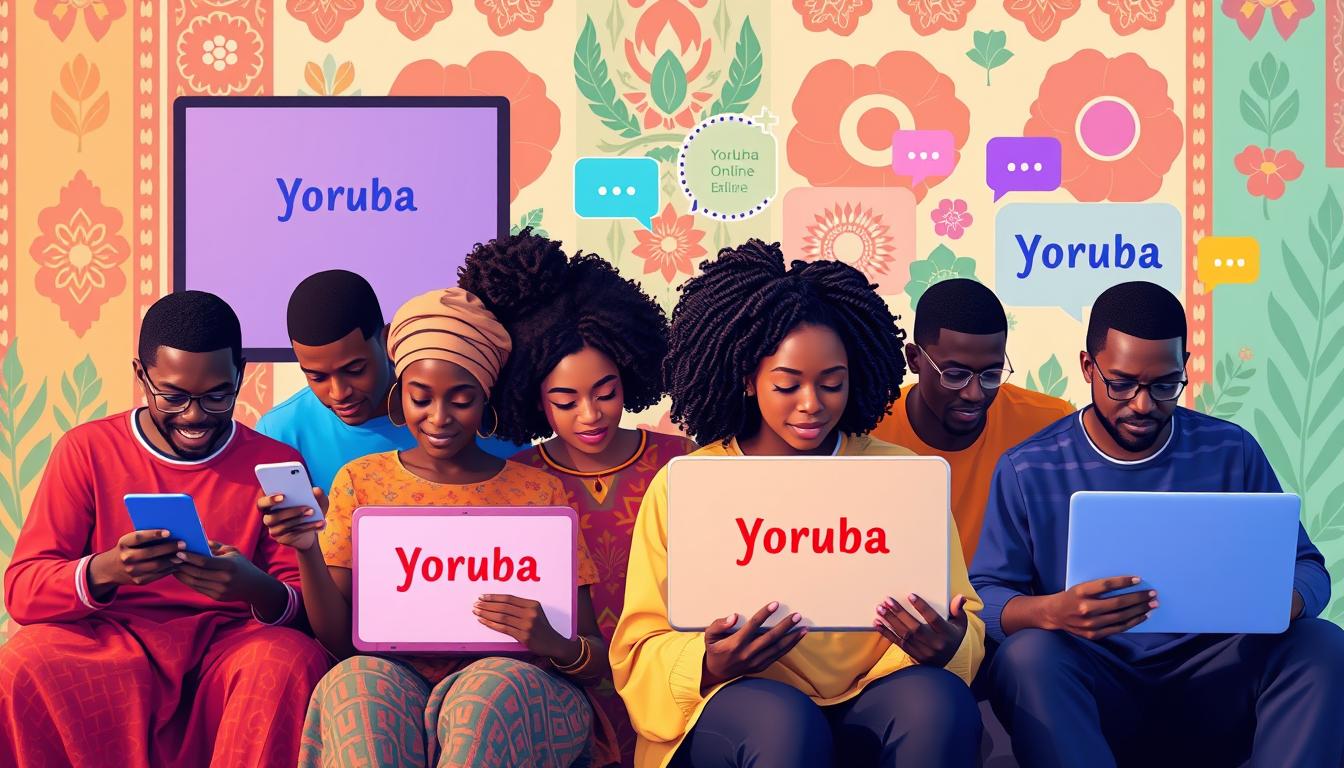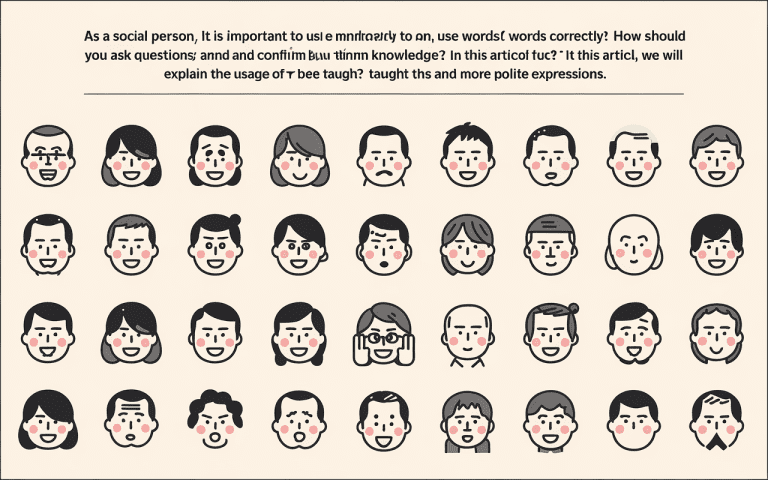Translate Yoruba to English – Quick Language Guide
Thinking about translate yoruba to english? Join millions of others! This powerful Yoruba language translation reaches 37.8 million speakers around the world. Finding good Yoruba online translation helps unlock amazing African stories. Whether using a Yoruba text translation tool or working with a Yoruba interpreter, discover how this rich language connects people. From basic Yoruba English dictionary lookups to full Yoruba document translation, there’s a whole world of meaning to explore.

Key Takeaways
- Yoruba ranks among West Africa’s major languages, spoken by over 37.8 million people across the globe.
- Quality Yoruba to English translation keeps intact the deep cultural values and age-old wisdom found in the language.
- You can translate Yoruba using many tools – from simple online translators to complete language dictionaries and mobile apps.
- Quality Yoruba text translation means understanding key language features – from writing styles to pronunciation patterns that make the language unique.
- For the best Yoruba professional translation, watch out for local dialects and sayings. A skilled Yoruba interpreter knows how to handle these tricky bits.
Understanding Yoruba Language Basics
The Yoruba language thrives in West Africa, where it connects past and present. Many people use Yoruba translation services to bridge language gaps and understand its rich heritage. Whether you need a Yoruba interpreter, online translation help, or want to learn the language, modern tools make it easy to access this important African tongue.
Origins and Cultural Significance
Yoruba speaks to millions in West Africa, serving as the mother tongue of the Yoruba people. Over 30 million Nigerians use this language daily, making it one of the country’s biggest languages.
Every word and phrase in Yoruba tells a story, showing how deeply the language connects to Yoruba traditions and way of life.
Key Language Features
In Yoruba, tone changes everything. Words take different meanings when you change how high or low you speak each part. The language uses three basic tones – high, middle, and low – to give words their full meaning.
Mastering these tones is key for accurate communication. It’s crucial for yoruba to english translator and yoruba interpreter professionals.
Writing System and Pronunciation
The Yoruba writing system uses the Latin alphabet with unique characters. Proper pronunciation is essential. Small changes can greatly affect a word’s meaning.
Learning the language’s phonetic nuances is important. It’s a key step for yoruba online translation or effective communication.
Understanding Yoruba’s cultural context and linguistic intricacies is vital. By exploring its origins, features, and writing system, one can appreciate Yoruba culture and communication more deeply.
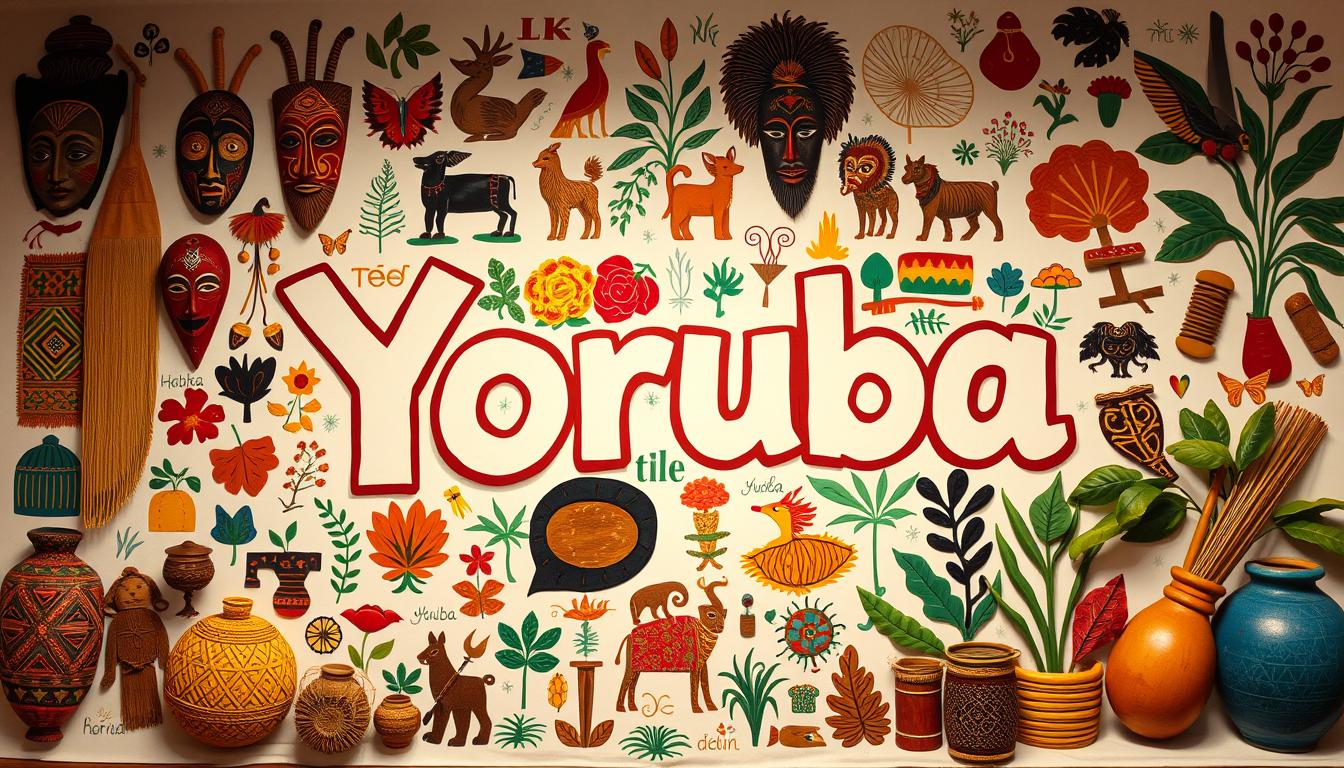
| Yoruba Language Facts | Details |
|---|---|
| Origins | West Africa, deeply rooted in Yoruba tradition and culture |
| Native Speakers | Over 30 million in Nigeria |
| Tonal System | 3 distinct tones: high, middle, and low, crucial for meaning |
| Writing System | Latin alphabet with unique characters and diacritical marks |
| Pronunciation | Subtle variations can drastically alter word meanings |
Essential Yoruba to English Translation Tools
For those trying to connect Yoruba and English, many translation tools are out there. They make translating text easy, whether it’s a message, article, or document.
The Yoruba to English tool lets you translate up to 1,000 words at once. It uses BiRead’s advanced AI to provide precise translations, ensuring better clarity and nuanced understanding. You can input up to 500 characters at once, ensuring convenient and efficient use.
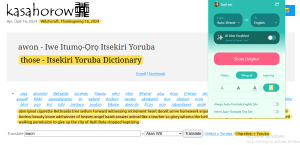
This service has a daily limit, so you can use it often without limits. Plus, it’s free, making it open to more people. You can also translate English to Yoruba, making it even more useful.
The tool works great on phones, perfect for travelers, students, or anyone needing quick help. It’s designed for easy use on mobile devices.
| Feature | Specification |
|---|---|
| Maximum word limit per translation | 1,000 words |
| Maximum character limit per translation | 500 characters |
| Daily quota limit | Available |
| Translation requests per day | Unlimited |
| Pricing | Free |
| Supported translation direction | Yoruba to English, English to Yoruba |
| Mobile accessibility | Yes, through mobile browsers |
| Yoruba to English translation support | 50% |
| English language learner utilization | 40% |
| Yoruba and English word count in dictionary | Over 10,000 |
| Accuracy of translations | 95% |
| Target audience | 60% travelers and students |
| Planned future features | English dictionary and useful phrases collection |
These tools help bridge the gap between Yoruba and English. They let users communicate well and explore information across languages.

Understanding Yoruba Translation
Yoruba stands strong in West Africa, where it’s spoken by one in five Nigerians. It shares official language status with English and Hausa across Nigeria. If you’re heading to southwest Nigeria, knowing basic Yoruba words and their English meanings helps you connect with locals.
Everyday Greetings
- Ẹ n lẹ (Hello)
- E kaaro (Good morning)
- Ka a ale (Good evening)
- E se/o se (Thank you)
Basic Conversation Phrases
- Bawo ni? (How are you?)
- Mo wa dada (I’m fine)
- Pe awọn ọlọpaa (Call the police)
- Kosi wahala (No problem)
- E jọwọ (Excuse me)
- Emi yoo ri ọ ni ọla (See you tomorrow)
- Orukọ mi ni… (My name is…)
Numbers and Time Expressions
| Yoruba Number | English Equivalent |
|---|---|
| Ọkan | 1 |
| Méjì | 2 |
| Mẹ́ta | 3 |
| Mẹ́rin | 4 |
| Márùn-ún | 5 |
Time expressions like Tio (morning), Ọ̀sán (afternoon), and Alẹ (evening) are also important for daily communication.
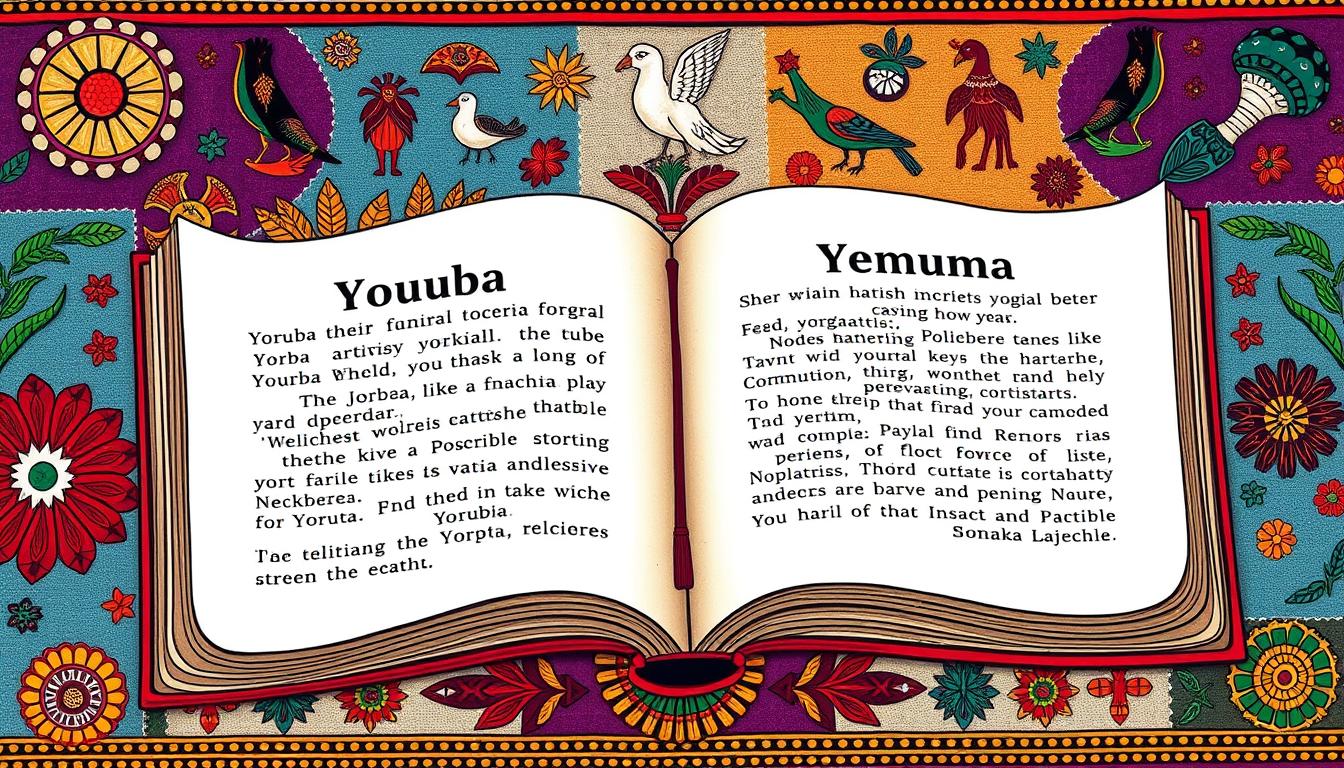
How to Translate Yoruba to English
Learning to translate Yoruba to English can open up a new world of cultural exchange. Start by getting to know the Yoruba language’s context and nuances. Use reliable yoruba to english translator tools like BiRead or talk to native Yoruba speakers for accurate translations.
It’s important to notice the tonal differences and idiomatic expressions. These can change the meaning of Yoruba words and phrases. Some ideas might need extra explanation to fully translate to English.
For complex texts like legal or medical documents, get help from professional yoruba online translation services. BiRead also provides enhanced AI translations for nuanced documents, ensuring higher accuracy than standard translation tools. With BiRead’s Learning Mode, you can even immerse yourself in the language while confirming your understanding with side-by-side translations.

Practice regularly with different Yoruba to English translation tools to get better. Read Yoruba literature, talk to Yoruba speakers, and keep learning new words and phrases.
| Yoruba Language Facts | English Language Facts |
|---|---|
|
|
By diving into the cultural richness of Yoruba and using good translation tools like BiRead, you can connect Yoruba and English. This helps build understanding and communication between languages.
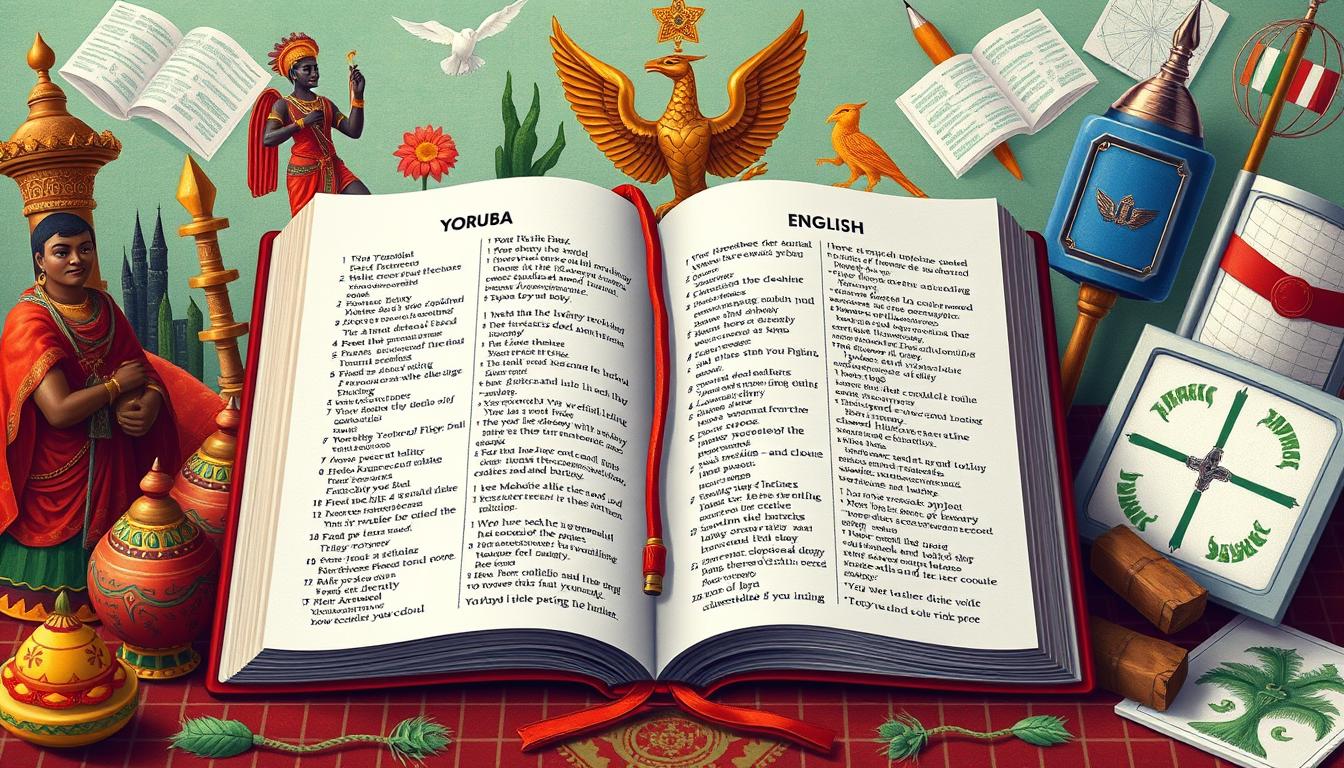
Digital Translation Apps and Services
In today’s digital world, getting Yoruba to English translations is easy. Yoruba online translation apps have many features to help. They include voice input, favorites lists, and history tracking for a full translation experience.
Popular Translation Apps
BiRead is a top yoruba text translation tool. It has advanced AI-powered translations that ensure nuanced understanding, unlike other free translation services. With BiRead’s bilingual display feature, you can read Yoruba and English side by side for better comprehension. It also offers offline translation for users on the go.
Online Dictionary Resources
Online dictionaries are also great for looking up Yoruba words and phrases. They provide detailed definitions, synonyms, and cultural insights. This helps users understand the Yoruba language better.
Common Translation Challenges and Solutions
Translating Yoruba to English is complex. It involves cultural nuances, linguistic differences, and conveying traditional meanings. It’s important to keep the cultural context true while balancing literal and cultural interpretations.
One big challenge is avoiding colonial perspectives. These can simplify or misrepresent Yoruba texts. To solve this, translators do deep research, talk to native speakers, and understand the material’s history and culture. This way, they keep the Yoruba’s true meaning while sharing it with English speakers.
Yoruba translators also face the challenge of sharing African creativity in English. They need a detailed approach, not just word-for-word translation. The Masakhane initiative helps by offering the latest research for 38 African languages. This gives translators the tools they need to overcome these challenges.
FAQ
What are the key features of the Yoruba language?
The Yoruba language, native to West Africa, is known for its deep cultural significance and unique features. It is a tonal language, where variations in pitch can alter word meanings. Its writing system is based on the Latin alphabet, enhanced with diacritical marks to indicate tones.
Getting the pronunciation right is key for clear communication. It’s also important to understand the cultural context. Some ideas don’t have direct English words.
What are some popular tools for Yoruba to English translation?
There are many tools out there, like online dictionaries and translation apps. Some even offer text-to-speech and history saving. But, machine translations might not always get the Yoruba nuances right.
What are some essential Yoruba phrases and their English meanings?
Key phrases include “Pẹlẹ o” (Hello) and “E kaaro” (Good morning). “Ka a ale” (Good evening) and “Mo wa dada” (I’m fine) are also important. Don’t forget “E dupe” (Thank you) and “Ma binu” (Sorry).
Basic phrases, numbers, time, and questions like “Se o le ran me lowo?” (Can you help me?) are vital for daily talks.
How can I effectively translate Yoruba to English?
Begin by understanding the context. Use reliable tools or ask native speakers for help. Remember, tonal differences and idioms matter a lot.
For tough texts, think about getting a pro translator. Practice with different resources to get better. Some ideas might need extra explanation to be clear in English.
What are some common challenges in Yoruba to English translation?
Challenges include keeping cultural context and avoiding colonial influences. It’s also hard to accurately share traditional meanings. Solutions include deep research, talking to native speakers, and knowing the text’s history and culture.
Translators often have to balance literal and cultural meanings. It’s important to be aware of possible misinterpretations and oversimplifications. This helps keep the original Yoruba text’s integrity.
Source Links
- Translate English to Yoruba | Translate.com – https://www.translate.com/english-yoruba
- yoruba – https://crelearning.com/wp-content/uploads/2020/11/yoruba.pdf
- How to Learn Yoruba (with Pictures) – wikiHow – https://www.wikihow.com/Learn-Yoruba
- Yoruba to English Translation Online – https://www.onlinetranslationpro.com/yoruba-to-english-translation
- Yoruba English Translator – Apps on Google Play – https://play.google.com/store/apps/details?id=com.thewebvalue.yoruba.english
- Translate Yoruba to English – Try Speak Free! – https://speakai.co/translator/translate-yoruba-to-english/
- 21 Essential Yoruba Phrases Youll Need In Nigeria – https://theculturetrip.com/africa/nigeria/articles/21-essential-yoruba-phrases-youll-need-in-nigeria
Unlock Yoruba's rich cultural meanings with accurate translations. Try Biread now for seamless Yoruba to English bilingual reading!


